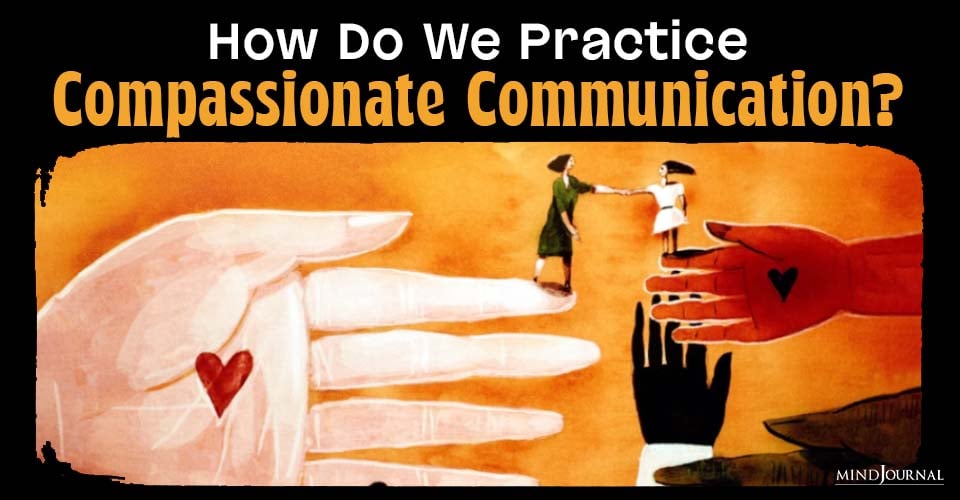Do you ever feel like you’re never able to sit still? Boredom may seem like a simple inconvenience, but many surprising facts about boredom might change how you view those periods of listlessness.
The Science Behind Being Bored
Ennui means boredom in French, and it involves complex neural processes. Research has shown that it activates brain regions associated with self-control and planning for the future.
If you find yourself feeling bored quite often, then, without further ado, let’s learn about the facts about being bored.
Related: 8 Mental Health Benefits Of Boredom, According To Studies
7 Lesser-Known Facts About Boredom
Did you know boredom was coined in 1852 in Charles Dickens’s Bleak House? The word resembled an emotional state. Since then, boredom has been a subject of research by medical professionals, and here are the 7 exciting facts about boredom:
1. Boredom might indicate high motivation levels in you
Did you know boredom can actually signal high levels of motivation? When you’re motivated, you’re seeking activities that engage and fulfill you. However, when you can’t find something that aligns with your drive, you may feel bored and irritated.
This happens because you’re craving stimulation and excitement, but you’re unable to find it. During these times, activities that don’t meet your need for excitement can feel dull and uninspiring.
2. There are different types of boredom

Commonly, boredom is seen as nothing more than being idle. It is so much more than that, however. It has many different types and degrees, each with its own characteristics and consequences.
- Reactive Boredom: Being frustrated about not being able to do what one wants.
- Apathetic Boredom: Feeling indifferent and uninterested.
- Exploratory Boredom: Actively looking for interesting things but finding none.
- Tuning Boredom: Signaling insufficient challenge, causing one to look for greater difficulty.
So which one do you relate to?
3. Boredom means you crave new experiences or a good challenge
Boredom stems from a lack of challenge and variety, not just inactivity. A study found that repeating a single action leads to more boredom than alternating between tasks. Another study found that people who find their work too easy tend to be more bored and derive less satisfaction from it.
Related: The Boredom Paradox: 5 Steps To Take When Bored

4. Boredom can reduce self-control
Boredom is often overlooked when assessing difficulties with self-control. People who find themselves struggling with self-control might want to consider that the effects of boredom can be subtle, but they can also be very powerful.
When we’re bored, we seek external stimulation to fill the void. This can lead to impulsive behaviors, such as snacking when we’re not hungry, even if we’re trying to eat healthy or other harmful addictive activities.
5. Boredom can indicate depression

Not all boredom is apathetic, but the boredom that is reoccurring can stem from depression. You need to be aware of the different reasons behind your boredom to understand and make choices that are best for you.
If a complete lack of motivation is the reason behind feeling bored, then it is better to get help.
6. Boredom can indicate recovery
Boredom during recovery from addiction is a sign your nervous system is conserving energy.
Practice self-control by allowing yourself to experience boredom and use it as an opportunity for mindfulness. Engage in healthy activities like exercise, creativity, or nature walks to channel boredom constructively. Remember, it’s temporary and a step toward rejuvenation.
7. Boredom can be a stressful state
Being bored isn’t always just a passive state; it can actually be a sign of stress.
A person may appear bored, but their mind could be overwhelmed with thoughts and fears. If you’re going through this, know that you’re not alone.
The appearance of boredom can often be a disguise for a freeze response to stress, impacting mental well-being. Take the necessary steps to help you in this phase.
Related: 25+ Fun Things To Do When You’re Bored At Home
Takeaway
The best way to handle boredom is to understand the reason behind it. Is it a sign of underlying issues, or is it just harmless boredom? Once you know why you’re bored, you can better deal with your emotions.
Tell us your thoughts about the facts and types of boredom in the comments below!
References: Loukidou, Evangelia & Loan‐Clarke, John & Daniels, Kevin. (2009). Boredom in the workplace: More than monotonous tasks. International Journal of Management Reviews. 11. 381 - 405. 10.1111/j.1468-2370.2009.00267.x.
Frequently Asked Questions
1. What is boredom?
It is a state of being restless or numb due to lack of interest.
2. What causes boredom?
Lack of external stimuli or internal factors, such as lack of motivation and purpose, causes boredom.
3. Is boredom harmful?
It can be harmful if it is linked with depression or if it leads to addiction. But it also depends on the person’s choice.
4. What is trait boredom?
Trait boredom is a characteristic of a person who is more prone to boredom than others. The reason can be underlying mental health issues that need immediate attention.











Leave a Reply